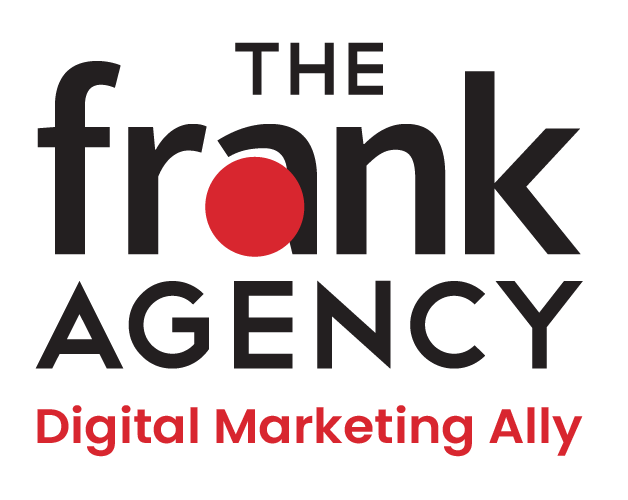Understanding Event Marketing:
Event marketing refers to the strategic promotion and advertisement of a brand, product, or service through planned events. It involves organizing or participating in conferences, trade shows, product launches, sponsorship of concerts or exhibitions, and other gatherings to engage with target audiences directly.
The Value of Event Marketing:
Event marketing offers several key benefits that make it a valuable strategy for businesses:
- Unique Experiences: Events provide an opportunity to create memorable and immersive experiences that allow attendees to interact directly with a brand, product, or service.
- Brand Awareness: By hosting or participating in events, businesses can increase brand visibility, reach wider audiences, and establish a positive brand image.
- Lead Generation: Events enable businesses to capture leads by collecting contact information, conducting surveys, or facilitating face-to-face interactions that may lead to future conversions.
- Relationship Building: Connecting with customers and prospects in person fosters trust, strengthens relationships, and encourages brand loyalty.
- Industry Networking: Events bring together professionals, influencers, and industry leaders, providing opportunities for networking, collaborations, and partnerships.
Types of Event Marketing:
Event marketing encompasses various types of events tailored to specific objectives:
- Conferences and Seminars: Educational and informative events that feature keynote speakers, workshops, panel discussions, and networking opportunities.
- Trade Shows and Exhibitions: Industry-specific events where businesses showcase their products or services, network with potential partners, and generate sales leads.
- Product Launches: Events focused on introducing new products or services to the market, creating excitement and generating media coverage.
- Sponsorship Opportunities: Supporting events such as concerts, festivals, or charity events to increase brand visibility and associate with a particular cause or target audience.
Planning and Executing Successful Events:
To maximize the impact of event marketing, consider these essential steps:
- Define Objectives: Clearly outline your goals and desired outcomes for the event, whether it is brand awareness, lead generation, product promotion, or relationship building.
- Target Audience: Identify your target audience and tailor the event experience to their preferences, interests, and needs.
- Event Promotion: Develop a comprehensive marketing plan to promote the event through various channels, including social media, email marketing, press releases, and partnerships.
- Engaging Content: Create compelling content and interactive experiences that capture attendees’ attention and provide value.
- Seamless Execution: Pay meticulous attention to logistics, venue selection, scheduling, staffing, and technology requirements to ensure a smooth and memorable event.
- Post-Event Follow-up: Nurture relationships and capitalize on the event’s momentum by following up with attendees, providing post-event resources, and measuring success against predefined objectives.
Measuring Event Marketing Success:
Evaluating the success of event marketing efforts is crucial for continuous improvement:
- Attendance and Participation: Measure the number of attendees, engagement levels, session attendance, and overall participation to gauge the event’s reach and appeal.
- Lead Generation: Track the number of leads captured during the event and subsequent conversions to determine the event’s effectiveness in generating potential customers.
- Social Media Engagement: Analyze social media metrics such as impressions, shares, mentions, and hashtags to assess the event’s online impact and audience engagement.
- Surveys and Feedback: Gather feedback from attendees through surveys, interviews, or online reviews to understand their satisfaction levels and identify areas for improvement.


